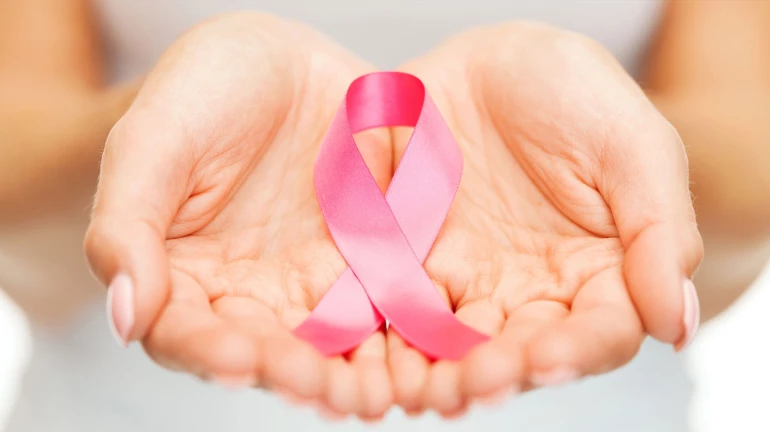
World Cancer Day is an apt occasion to think about how to conquer cancer and lead a healthy pain-free life. Cancer is one of the biggest challenges, but in the past 10 years, science and medicine have taken a lot of baby steps in order to overcome the disease.
Cancer is curable if it is diagnosed early and in early stages. 50 per cent of cancers are curable. In the first or second stage of the disease, the cure rate is much higher. The recent advances in the management of cancers are evident in all fields of cancer treatment.
Accurate diagnosis is the first important step that doctors who treat cancer or oncologists have to achieve. Once the cancerous cells are seen under the microscope in a given sample, cancer is diagnosed. But, at times it is difficult to get a correct sample, and often it is dangerous for the patient as well. One of the significant recent developments in this regard is ‘Liquid biopsy.’ It means considering the blood sample as the tissue sample and to get a correct diagnosis from it.
Another tool that is widely available for the diagnosis of cancer is ‘Genetic Studies. The cancerous cells are subjected to genetic studies which will tell about the type of cancer it is and what are the exact abnormalities in the genetic material of the cancerous cells. Many new treatments have come into play because of these advances and with those, we are able to treat many of the cancers now which we thought to be untreatable in earlier days.
Since the time that the world started diagnosis of cancer, mankind started thinking about how one gets cancer? And when he or she gets it? After human genome sequencing became a reality, we have been able to find a lot more about cancers. We know much more about the genetic changes that happen with cancerous cells and the effects of various environmental factors on them as well. Nowadays, we also know much more about familial cancers and various new treatment protocols for them. With all the advances in the field of oncology, one can comfortably believe that the day is not far away when we will be able to cure cancer.
Contributed by Dr Anantbhushan Ranade, Ex-President Indian Society of Medical and Paediatric Oncologist, Lokmanya Hospital Pune.





